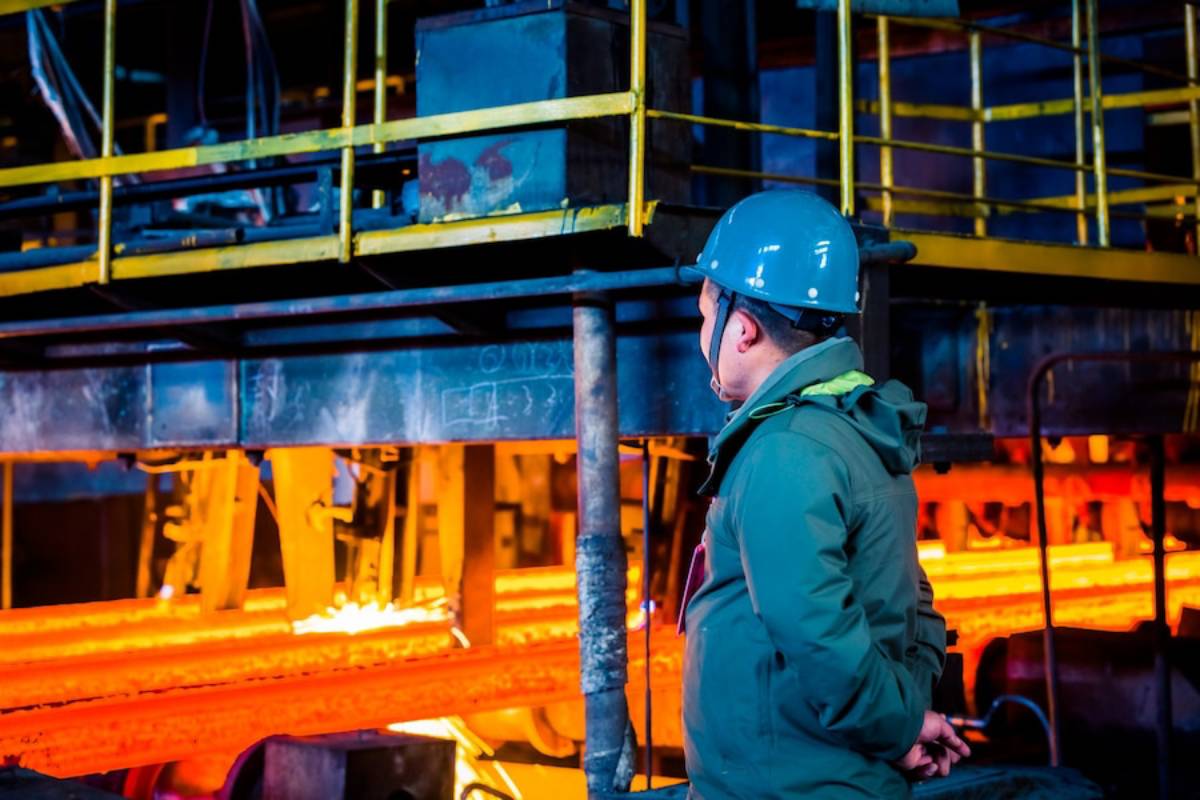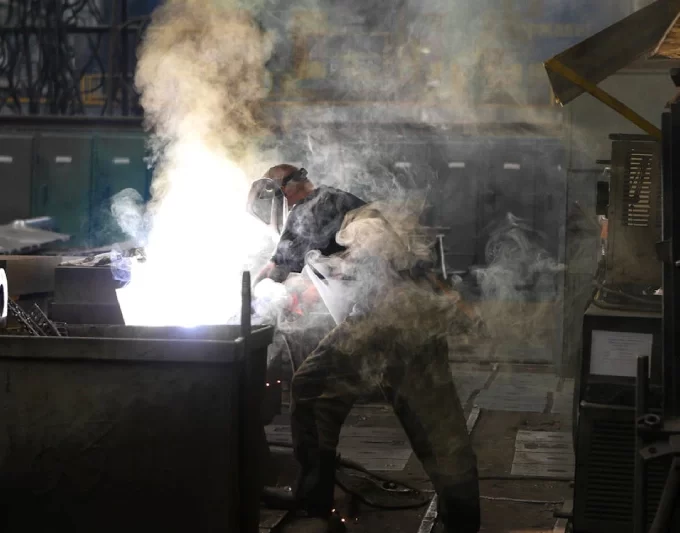Key Takeaways
- Understand the different types of ironworkers and their applications.
- Learn practical tips for efficient metalworking using ironworkers.
- Discover how to maintain and extend the lifespan of your ironworking equipment.
- Uncover safety practices essential for operating ironworkers.
- Explore valuable resources on metalworking techniques and industry standards.
Ironworkers are versatile machines that play a crucial role in the metalworking industry. These powerful tools are used to shear, punch, and form metal, making them indispensable in various industrial applications.
Whether you’re a seasoned professional or a newcomer to metalworking, understanding ironworkers can significantly enhance your productivity and efficiency. For those starting or looking to expand their operations, considering a used ironworker can be a cost-effective and practical solution.
Used machines often provide robust performance at a fraction of the cost of new equipment, making them a viable option for many workshops. Investing in a used ironworker can help businesses allocate resources wisely while maintaining high operational standards.
Types of Ironworkers
Hydraulic ironworkers are precision and powerful machines for heavy-duty operations requiring high force and accurate cuts. They use hydraulic cylinders to generate pressure, ensuring smooth and efficient performance.
Mechanical ironworkers are preferred for their speed and efficiency in repetitive tasks, such as punching and shearing. They are often used in mass-production settings where consistency and speed are crucial. Mechanical models require less energy than hydraulic models, making them suitable for high-volume production with consistent results.
Dual-operator ironworkers offer the flexibility to perform multiple operations simultaneously, boosting productivity and meeting tight deadlines. These machines are popular in busy workshops and fabrication shops, reducing downtime and increasing overall efficiency.
Applications in Metalworking
Ironworkers are widely used in metal fabrication shops, construction sites, and manufacturing units. Their ability to handle various operations, such as shearing, punching, notching, and bending, makes them essential in producing metal components for structures, machinery, and end products.
According to a report by PR Newswire, the demand for ironworkers continues to grow as industries seek more efficient and versatile tools. Their adaptability allows businesses to quickly execute complex tasks, thus fulfilling a wide array of industrial needs.
From creating custom metal parts to constructing robust frameworks, ironworkers streamline the fabrication process, ensuring precision and durability in every project. Their versatility also means they can be adapted to various metals and thicknesses, providing solutions to various fabrication challenges. This adaptability is one of the key factors driving the increased adoption of ironworkers in modern industrial applications.
Tips for Efficient Metalworking
Efficient metalworking involves:
- Selecting the right ironworker and machine for your project.
- Regularly inspecting and maintaining equipment to prevent downtime.
- Using high-quality materials for precise cuts and punches.
Investing in superior materials can improve results and extend the lifespan of your ironworker. Skilled operators can enhance productivity and minimize errors. Implementing these tips can help workshops achieve higher efficiency and quality in their fabrication processes, leading to better results and increased productivity.
Maintenance and Lifespan
Regular maintenance is vital to extending the lifespan of your ironworker. This includes lubricating moving parts, checking for wear and tear, and periodically calibrating the machine. A study published in ScienceDirect emphasizes the importance of predictive maintenance in reducing equipment downtime and increasing operational efficiency.
Such practices ensure that the ironworker remains in top condition, providing reliable performance. Routine inspections also aid in the early detection of possible problems, enabling prompt solutions. Preventative measures reduce the likelihood of significant repairs and increase the machine’s overall useful life.
A rigorous maintenance program helps maintain the machine’s operation and promotes a safe working environment by ensuring that every component is operating as intended.
Safety Practices
Safety is paramount when operating ironworkers. Ensure operators are well-trained and wear appropriate personal protective equipment (PPE). Additionally, safety protocols such as emergency stop buttons and regular safety drills should be implemented to minimize risks and accidents in the workplace. By fostering a culture of safety, workshops can protect their workers and maintain compliance with industry standards.
Operators should be educated about the hazards associated with ironworkers and trained to operate the machinery responsibly. Regular safety audits and updates to safety protocols can further enhance workplace safety.
Keeping the work area organized and free of obstructions also contributes to a safer environment, preventing accidents and ensuring smooth operations.
Valuable Resources in Metalworking
For additional information and industry updates, consider exploring resources such as online metalworking forums and subscribing to industry magazines. Websites like Machine Tool News offer valuable insights and updates on the latest trends and developments in the field of metalworking.
Keeping abreast of industry news ensures that workshop managers and operators stay informed about new technologies and best practices. Joining professional networks and participating in industry events also provide opportunities for knowledge exchange and staying current with advancements in the field. Engaging with the metalworking community helps professionals enhance their skills and adopt innovative approaches to improve their operations.












